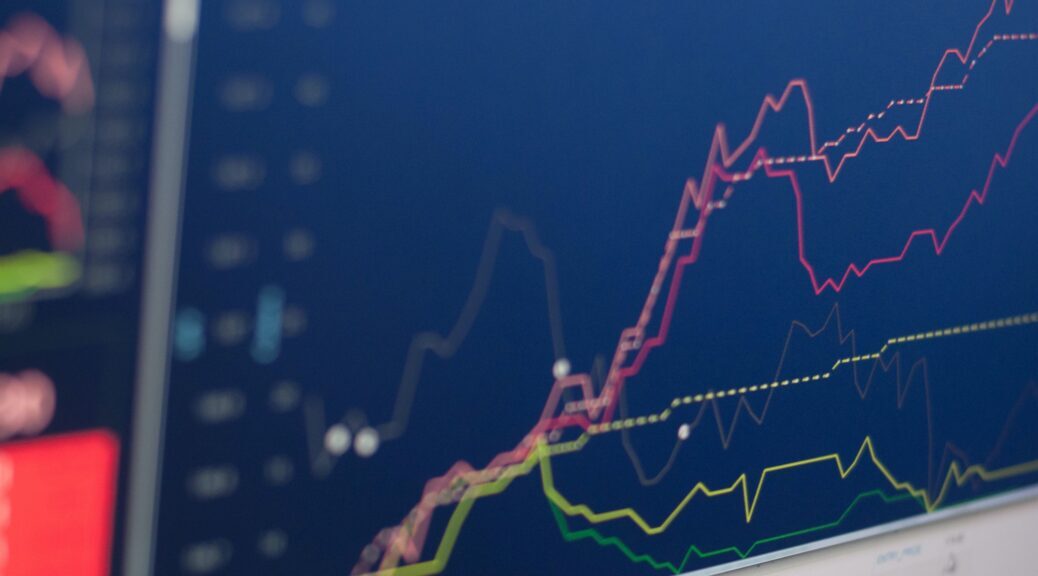
No Decision
Photo by NICHOLAS CAPPELLO on Unsplash
My financial advisor said to me this fall, “Sometimes the best decisions are the ones we don’t make.” He was speaking about his experience with trading stocks.
Investing is also a hobby of mine. I looked back at the stock market levels in March before the pandemic hit. The S&P 500 Index was at 3,300 towards the end of February. Investors buying into this market at that time probably expected a decent amount of return on their stock in the short and long run. Yet, when the novel coronavirus hit, the stock market plunged about 30% by the end of March. Fear and the economic shutdown collapsed the investment world. Had an investor made a decision to pull out, they would have lost a lot of money. Yet the S&P 500 Index returned to its pre-pandemic levels by August.
Prudence, the ability to choose the good in the situation, is needed for decision making. In fact this is an area I am trying to grow.
There are psychological factors at play in decision making. There is fear and raw emotion that hinders our ability to choose the good. Then there are biases, which I’ll only list here: confirmation bias, recency bias, domestic bias etc. They can all contribute to premature or untimely decisions.
The ability to choose the good in a situation can depend on how quickly we make them. Some situations require us to choose quickly; other times, slowly and carefully. Part of the decision making process determines when the decision needs to be executed.
Now think about it on a personal level. Imagine a scale of how quick we make decisions. On one end you have deliberateness and on the other end you have rashness. Where do you fit on that scale? My natural temperament lends itself to be rash. And had I quickly pulled out during the stock market crash in March, that would have been to the detriment of my personal finances. Fortunately, I practiced patience and held off.
All that to say, when making decisions and living out prudence, I’ve learned that patience is key. This is especially important when discerning something big, when making a key purchase, or when many variables are involved.
Patience can ask the question: Is the best decision one that I shouldn’t make?
Given certain situations, consider perhaps that the best decision could be to make no decision.